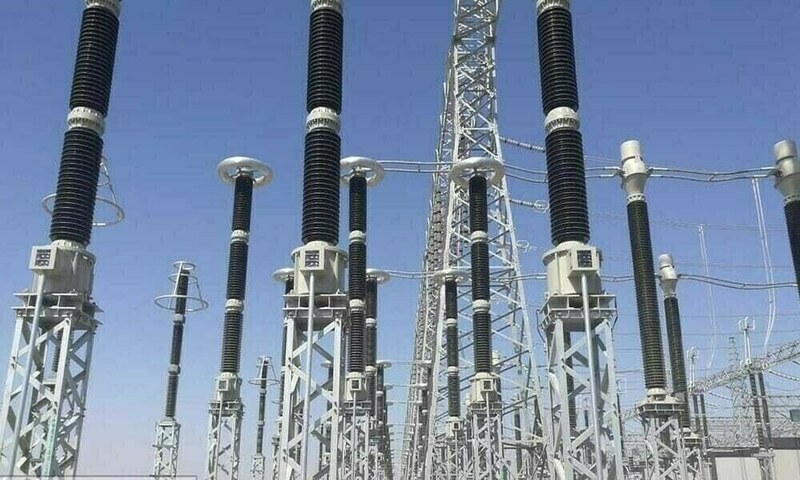ISLAMABAD: The Korangi Association of Trade and Industry (KATI) has sought comparative data on Fuel Charges Adjustment (FCA), capacity charges, and net metering to assess their cumulative financial impact on industrial consumers.
In a letter addressed to Registrar Waseem Bhinder, KATI stated that it is submitting this request ahead of the upcoming FCA hearing for October 2025, scheduled for November 27, 2025.
The Association noted that it had previously drawn the Authority’s attention to its determination of November 7, 2025, regarding the FCA for September 2025 for DISCOs.
In that determination, NEPRA had expressly directed CPPA-G to provide a detailed response to the comments earlier placed on record and to ensure that these were incorporated in all future FCA hearings.
However, despite this clear directive, the required information has not been provided in the last two consecutive FCA hearings.
Pakistan’s top business body questions 2026 power price plans
According to KATI, this continued non-submission raises significant regulatory concerns and undermines the transparency and prudence of the FCA mechanism. It also limits the ability of industrial stakeholders to understand the financial impact of the uniform FCA implementation on Karachi consumers and the Federal Government.
Accordingly, KATI reiterated that the following data and analyses must be submitted and placed on record before and during the hearing:
Uniform FCA Comparative Analysis: (i) FCA that would have applied to K-Electric consumers had the uniform FCA not been implemented; (ii) the actual FCA applicable under the uniform FCA mechanism; and (iii) the net difference in terms of subsidy savings or additional burden on the Federal Government and Karachi consumers.
Impact of Additional 2050 MW Supply to K-Electric: (i) capacity payments before and after the increased supply to Karachi; (ii) reduction in idle capacity payments resulting from enhanced off take; and (iii) whether these avoided costs have been passed on to consumers or remain unallocated in the cost structure.
Net Metering Procurement and Cost Impact: (i) month-wise GWh procured by each DISCO through net metering; (ii) the impact of this procurement on pooled generation cost and the national uniform FCA; and (iii) whether the increasing share of net metering has resulted in a measurable reduction in fuel adjustment or if the benefit is being internally absorbed by DISCOs.
KATI stated that the failure to provide this essential data over the last two hearings has already hindered transparency. Continued non-disclosure, it added, may give rise to the justifiable inference that material information relevant to FCA determination is not being placed before the Authority. This affects NEPRA’s ability to evaluate the fiscal neutrality of the uniform FCA mechanism, exposes consumers to distorted adjustments in future periods, and increases the risk of unplanned liabilities and cross-consumer financial transfers that may disproportionately burden Karachi.
“If the requisite data is again not disclosed in the hearing on November 27, 2025, it will reinforce the perception that crucial inputs affecting tariff outcomes are being withheld from the regulatory process. This situation may necessitate a formal request by the Association for the Authority to draw an adverse inference, require corrective disclosure, or review the uniform FCA mechanism to protect consumer interests,” the letter added.
KATI has requested NEPRA to ensure that CPPA-G submits complete, accurate, and mandated information in line with the Authority’s directive and that it is formally placed on record during the hearing.
Copyright Business Recorder, 2025


